If Covid taught us anything, it's that predicting the future is a fool's errand.
My main memory of the 2018 TBEX conference in Ostrava is of the unbridled, frenetic energy. The travel industry was just nearing the top of the over-tourism craze (no one could have foreseen how quickly it would all grind to a halt), and the halls and presentations were teeming with budding media stars and influencers. Everyone was plugging a blog or YouTube channel and looking for ways to add readers, viewers and sponsors.
The enthusiasm was there, but this year's event was noticeably quieter. The number of participants, a few hundred, was perhaps half the Ostrava event. It's not hard to see why. The pandemic pushed many people completely out of the travel-writing space. Add to that the lingering concerns that many people (understandably) still have about gathering in large groups and the current chaos in international air travel. I have immense respect for the organizers for simply carrying on with the event in the first place. Under the circumstances, that itself counts as a major success.
Naturally, the big question on everyone's mind was what will happen in the travel industry, both in the near-term and looking out a few years. The consensus was mixed.
Theofilos Kyratsoulis, the general manager of an Athens-based travel-marketing organization, Mindhaus, spoke on the first morning, and it's his presentation that's lingered longest in my mind. Alluding to the ongoing effects of the pandemic as well as Russia's war in Ukraine and the rapid onset of inflation, now running at an annual rate of 10% and higher in many places, Kyratsoulis warned the gathering to prepare for challenges. "We are living in a time of constant crisis," he said.
On the positive side, Kyratsoulis noted that demand for travel was at or near an all-time high. People have grown weary of being stuck at home and are eager to travel in spite of the difficulties. Inflation, he said, may ultimately prove the most vexing of the difficulties now facing the industry, but even sharply higher prices won't likely limit travel for at least the next year.
For the writers and bloggers assembled in Marbella, the industry's current "moment" may even offer some unexpected opportunities. In the run-up to 2020, the travel-writing space had become over-saturated. There were too many writers, bloggers, photographers and video-graphers chasing too few decent assignments. With many people now out of the business in favor of jobs that pay a regular paycheck, there are openings in the field that would have been unfathomable a couple of years ago. I know this from own experience at Lonely Planet, where the pandemic forced many long-time writers and editors to hang up their stirrups or risk defaulting on their mortgages.
This potential Covid "silver-lining" (not to exaggerate the point) is where I focused my own presentation. During my talk, I pointed out the obvious: the pandemic prompted many of us to shut down our travel-writing lives – or at least slow down the pace at which we travel and post. Now, as travel re-opens, we’re in the process of re-launching ourselves for what will hopefully be a pandemic-free future. It's in this process of relaunching, I argued, that the pandemic has given us the greatest opportunity.
I based my TBEX presentation on a simple framework that I had developed a couple of years ago for Lonely Planet. In 2019, the company was considering offering "master classes" in travel writing and asked me to prepare a pilot one-day teaching workshop. I wrote out eight 50-minute sessions and gave the pilot to a test audience in London in November 2019. The reviews were positive, but Lonely Planet decided to nix the master-class idea. (During the pandemic, the company was sold to new owners and I have no idea where the workshop stands).
For the introductory session of that Lonely Planet pilot, I did something a little different. Instead of presenting a more-traditional overview of travel-writing, I put the focus on the participants themselves. In that first session, I asked the attendees why they were there, why they wanted to become travel writers and what they hoped to accomplish in their work. For the budding writers and creators in that room, I reckoned that the first step toward creating a consistent travel-writing identity was for them to know precisely who they were.
As I was preparing my TBEX talk, it occurred to me this same approach might prove useful for more-established writers working in this current "post-Covid" phase. After all, many of us originally fell into travel writing and blogging almost by accident -- without giving too much thought about the "why" or what we wanted to get out of it. We traveled to interesting places, wrote about our experiences, and over time, almost by osmosis, became “travel writers.” My own story is similar. Maybe this two-year pause had given us a chance, finally, to take a breath and re-focus our sites and blogs so as to be better align them to our abilities and values.
Borrowing from that earlier Lonely Planet pilot, I structured my TBEX presentation around five key components of professional identity: skills, expertise, passions, values and aspirations. I then asked the participants to audit themselves according to these five components as a first step in identifying their core qualities and building (or re-building) a composite identity. A short explanation of each component follows below:
Skills
Skills are things we can do or, rather, do well. A successful travel writer or blogger draws on many skills, including the ability to write well, to interview and to tell stories. Other useful skills include photography, video-graphy, editing, research and organization, and time-management. It’s vitally important for travel creatives to recognize and identify their own core abilities and to focus their output around them. It’s also important for writers to recognize skills they may be deficient in and work to improve those areas.
Expertise
Expertise is similar to, but slightly different from skills. Expertise is not what one can do, but rather what one knows – or knows better than the average person. Everyone has specialized pools of expertise they can draw from. This could be an expert’s knowledge of a particular subject, foreign language, culture or food. It could be a specialist’s understanding of a specific branch of literature, film, art or history. The list is endless, but to succeed as a writer, one must first know what it is they actually know.
It sounds obvious, but a writer’s content will always be strongest if he or she is writing about something they know well. The quality of the writing will have a confidence and certainty that readers will instantly recognize.
Our level of expertise about a destination or culture can also help us to find the right tone or “voice” for our stories. When we know a subject well, we can approach it from the standpoint of authority. We can use the voice of omniscience and “command” our readers, for example, to try a particular type of food in a destination or visit a particular attraction. On the other hand, if we don’t know a particular place or subject well, we cannot use this authoritative tone. Instead, we must approach the subject from the standpoint of curiosity – as a beginner might.
Both approaches are legitimate. You don’t need to be an expert to write about something. You simply need to recognize how much you know or don’t know and modify your tone accordingly. You cannot fake being an expert in something you are not; readers will see right through you.
Passions
Passions are the things in life that we love, including our personal hobbies and obsessions. Passions can include things like a love of music, dance, design, architecture, film, fashion, sports or technology. A simple way to identify your passions is to walk into a bookstore and notice which shelves you wander over to first. Another way might be to scroll through your podcast subscriptions and look for patterns.
Passion is a major driver of good writing. Knowing our passions gives us practical angles for how to cover destinations and provides us with the energy to dig deep. Similar to with expertise, a writer’s reporting on a subject or destination is always stronger when he or she approaches it through a passion. Readers very quickly recognize and appreciate the fact that they are in the hands of a true enthusiast, a fellow traveler.
Values
Values refer to our most deeply held beliefs and convictions – what we stand for. Values can be relatively low-key and implicit to our writing: things like honesty, transparency, accuracy, dependability and accountability. They can also refer to higher-profile, contemporary issues important in the travel space, such as an awareness of over-tourism or the need to balance tourism with protecting a destination’s culture, environment and economy. Everyone will have a different value set, but the most important thing for writers to remember is to not deceive themselves. The goal with values is to be consistent and to project integrity -- to act in accordance with our beliefs.
I know from experience that working as a travel writer can severely test our values and place our beliefs in conflict with one another. If our core value is transparency, for example, then how should one approach a sponsored trip where we’re expected to write favorable reviews (even if our own experiences are not positive)? Travel writing is a potential moral minefield, but if we’re not in touch with our values, we can’t begin to know our answers.
Aspirations
Aspirations refer to our professional expectations, what we want to achieve from our work. In other words, what we need in order to feel personally and professionally satisfied. Is the goal to make money or to achieve fame, or is it enough simply to write well and earn the respect of our peers? Knowing what we want to accomplish with our travel writing will help us to benchmark our achievements and recognize those moments when we’ve actually “arrived.”
Having a good understanding of our aspirations can also help us to keep our work and personal lives in balance. It can help us to focus on projects that are truly important to our needs (and guide us in saying “no” to assignments that are not).
*Read more from moderator Alastair McKenzie at his blog: Mechtraveller.com. Mansoureh Farahani's writing can be found at Travel With Mansoureh.




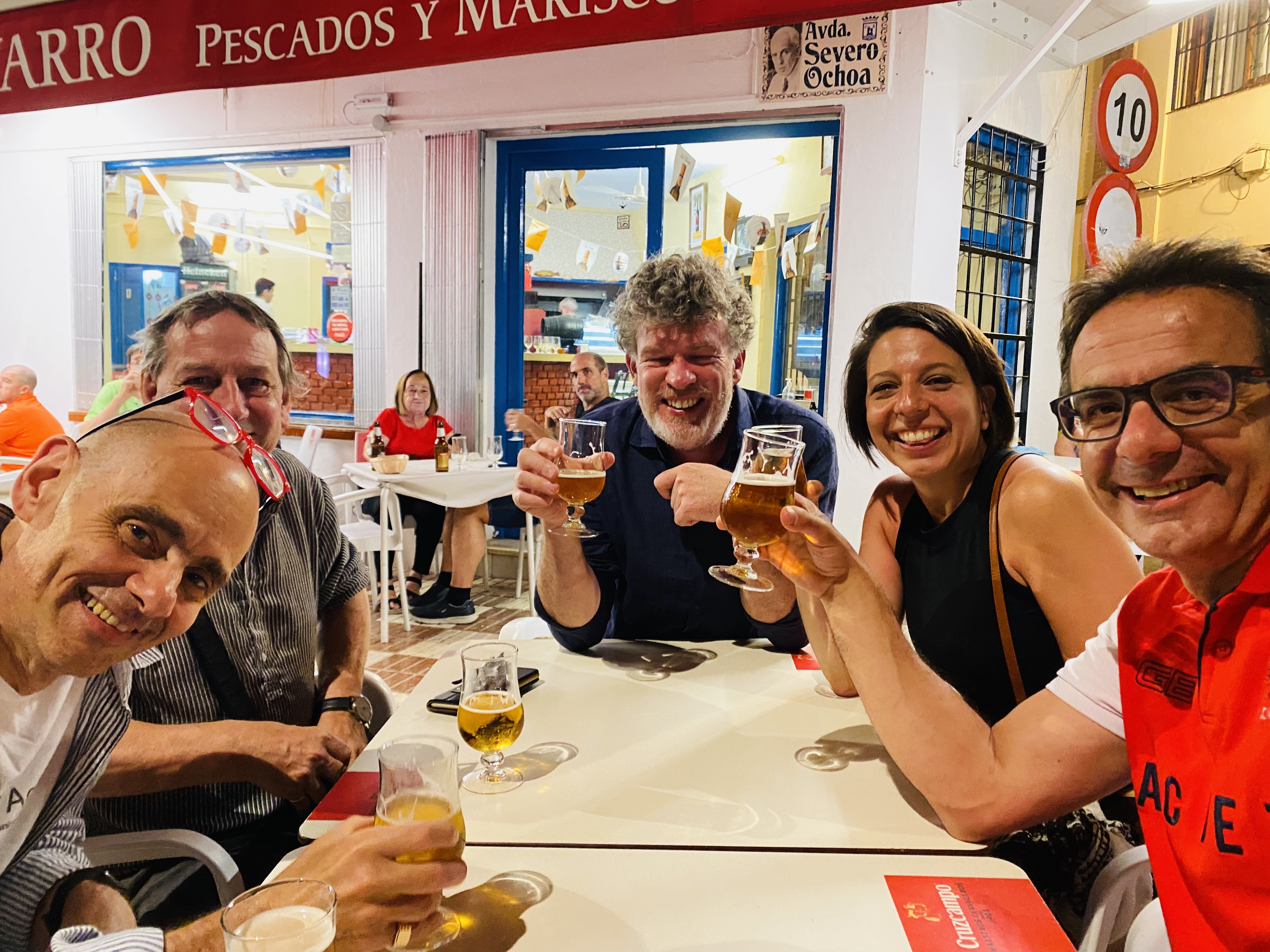
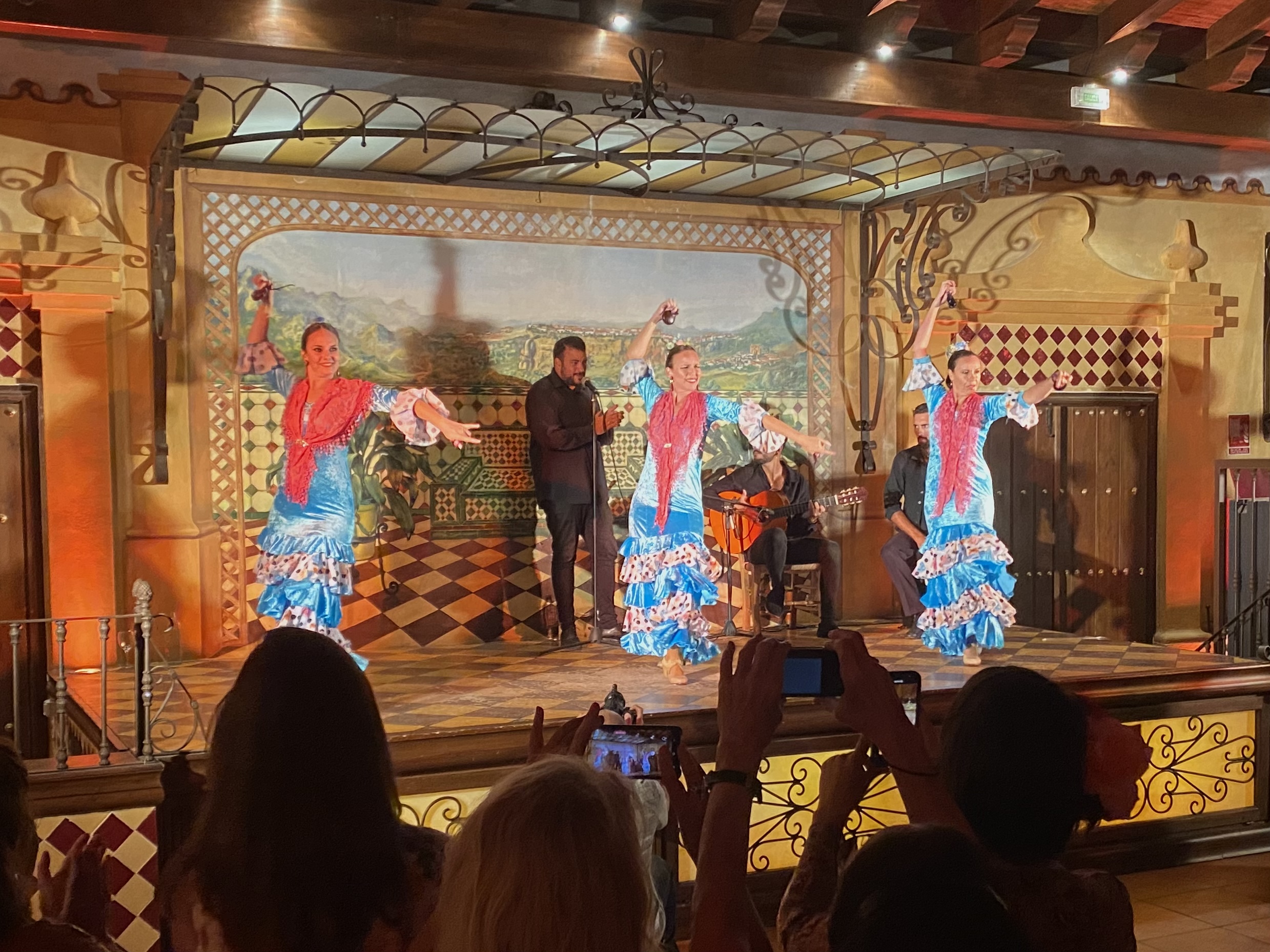
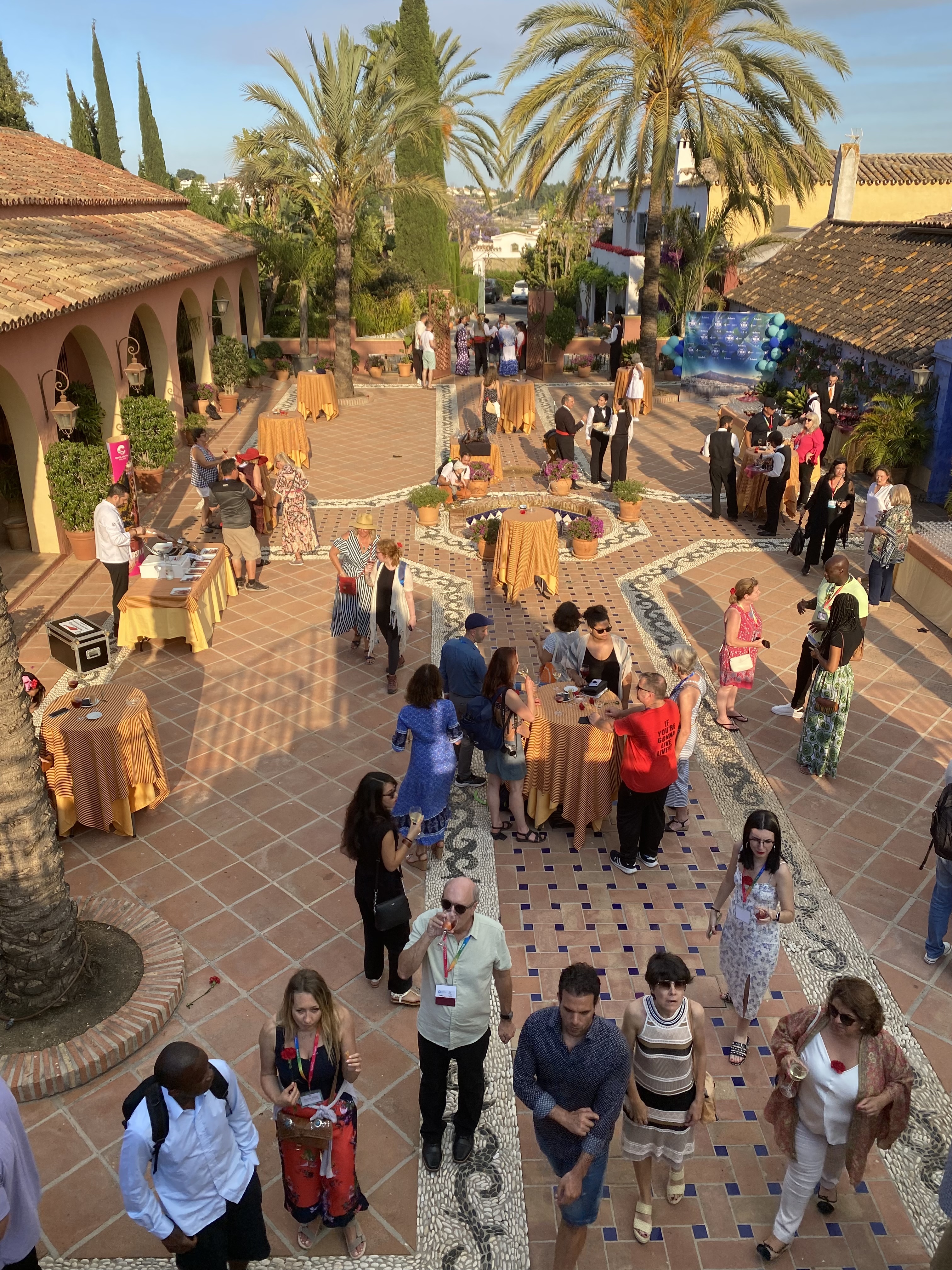

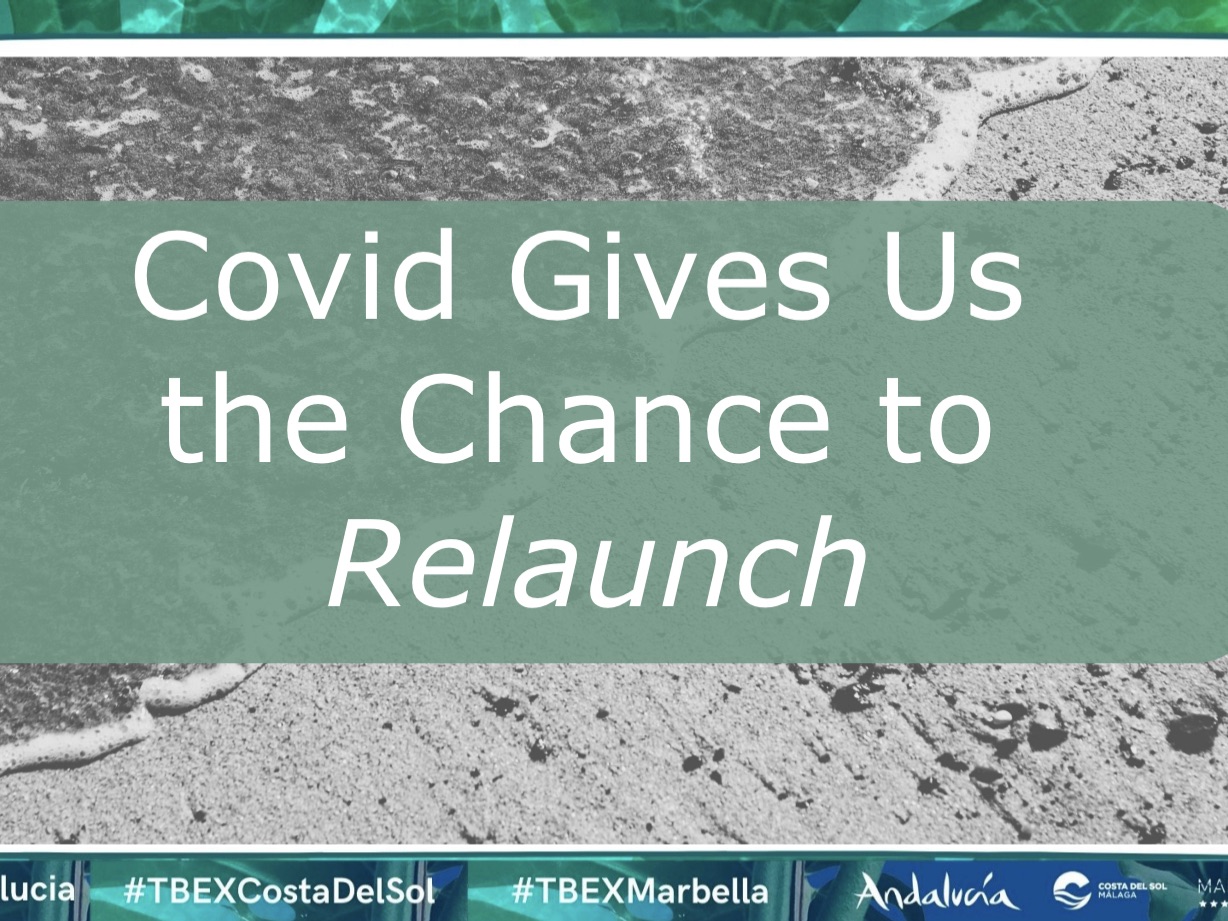
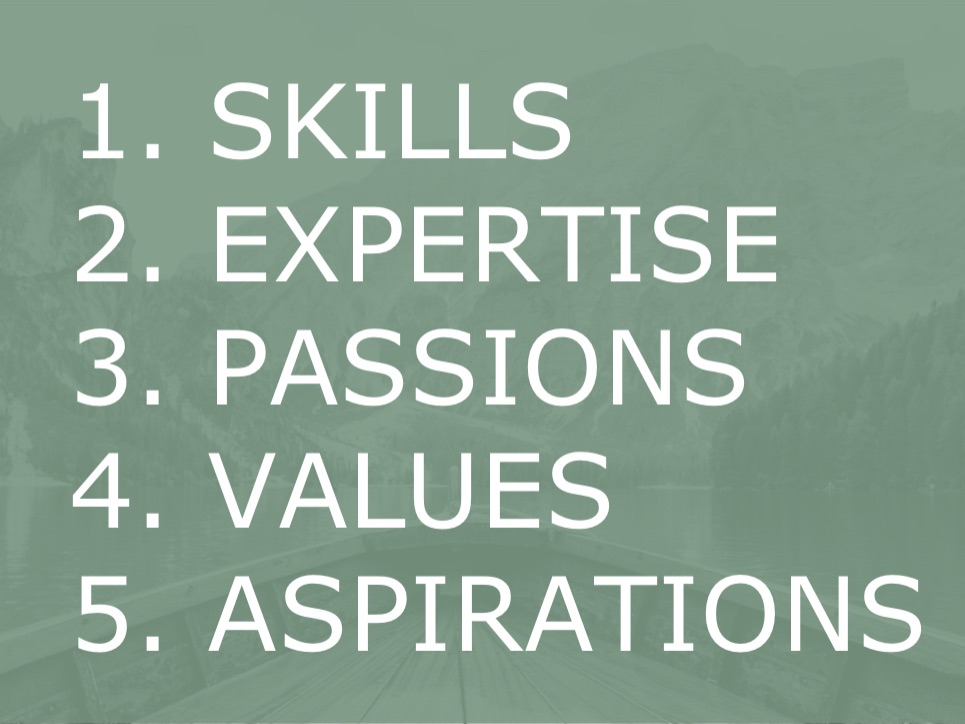




Fantastic short blast into the industry, Mark! I was especially appreciative of the Values section. I didn’t know the sale had stalled the development of the teaching pilot and hope that the new owner will see its great value and resurrect it.
Hi Brian, yes, dead in the water, I think. Happy you liked the article!
Hello Mark,
I felt aligned with and inspired by what you had to say in the opening keynote. Thanks for sharing your session notes here. I appreciate them.
Thank you so much!